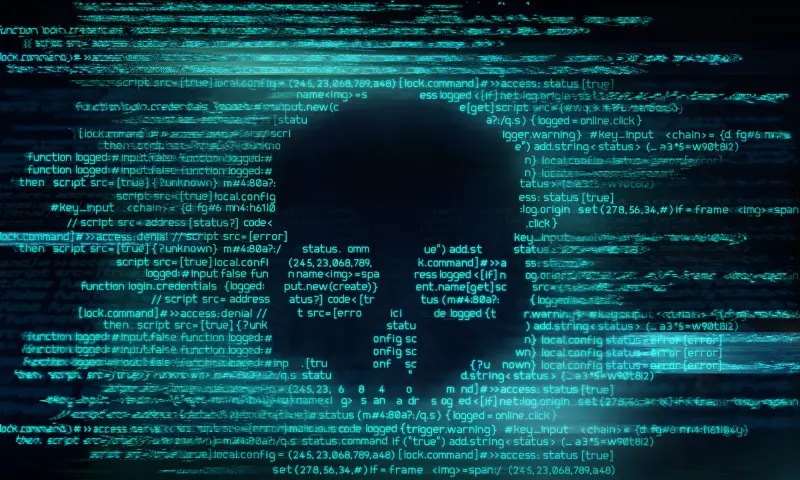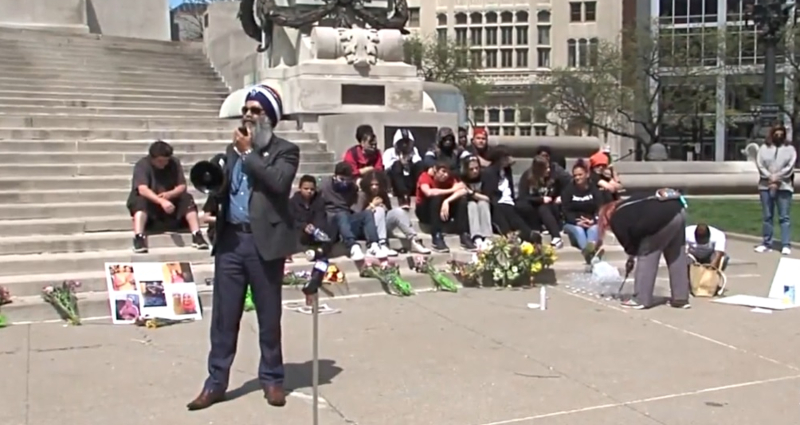HUMANS KILLED THE NEANDERTHALS BY HAVING SEX WITH THEM
Scientists found a rare blood disorder in Neanderthal offspring.
By Anagha Srikanth | July 30, 2021
Story at a glance
Archeological evidence suggests that not only did humans and Neanderthals live together, some even slept together.
A rare blood disorder discovered in Neanderthal babies was likely the result of breeding with humans, according to a new study.
This condition would have made it difficult for the Neanderthal newborns to reproduce.
The extinction of Neanderthals and survival of humanity is generally written as a violent history of conflict between the two species. But recent archeological findings suggest it may not have been war, but love — or at least sex — that sealed our fates.
In a new study analyzing Neanderthal and Denisovan blood groups, scientists found a set of genetic variants that would have made Neanderthal children susceptible to a now-rare blood disorder, or "haemolytic disease of the foetus and new-born," or HDFN. This disorder would have made it difficult for the affected generations to reproduce — cutting their bloodline short.
"The fact that these forms of genes were detected in individuals separated by 4,000km and 50,000 years suggest that this genetic peculiarity — and the risk of [an] anaemic foetus — would have been quite common amongst Neanderthals," Stephane Mazieres, a lead author on the paper from Aix-Marseille University, told The Daily Mail.
America is changing faster than ever! Add Changing America to your Facebook or Twitter feed to stay on top of the news.
It’s certainly possible that HDFN occurred by Neanderthals interbreeding, but experts said the risk would have been higher when breeding with Denisovans, our human ancestors. The research "supports the fact that pathogens have played a major role in the survival and selection of genetic variants in modern and archaic hominins," according to the study.
"These elements could have contributed to weakening the descendants to the point of leading to their demise, especially combined with the competition with Homo sapiens for the same ecological niche," the researchers said.











